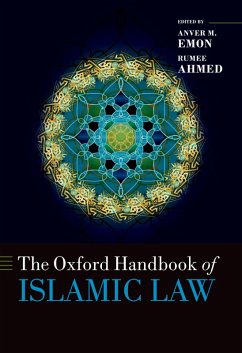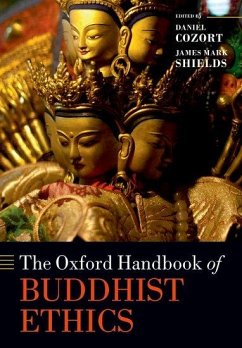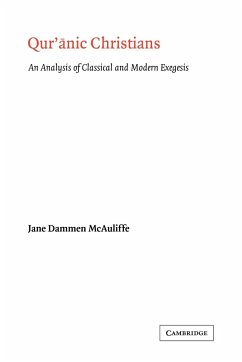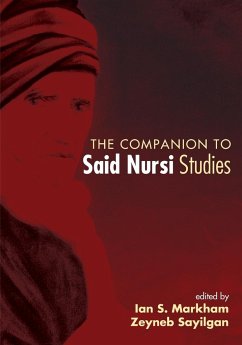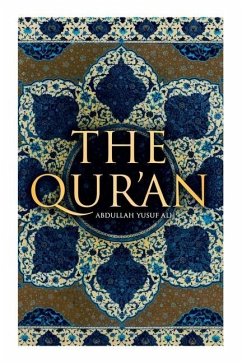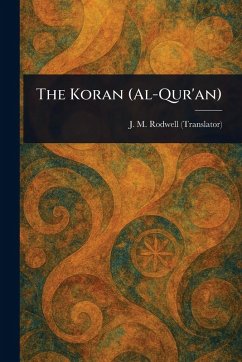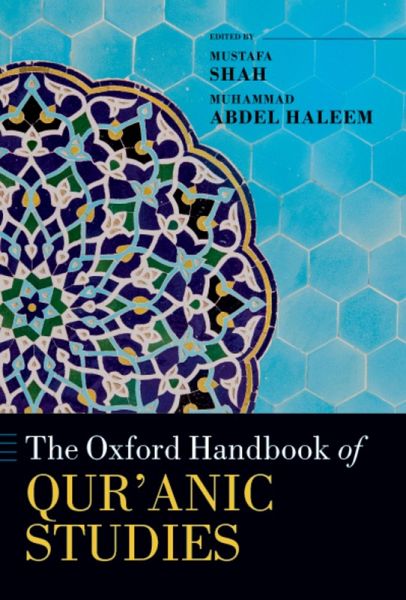
The Oxford Handbook of Qur'anic Studies
Versandkostenfrei!
Versandfertig in über 4 Wochen

PAYBACK Punkte
26 °P sammeln!




The Handbook considers the state of Qur'anic studies; historical setting; textual transmission and codification; structural and literary features; content and concepts; applied discourses; and Qur'anic interpretation.
Mustafa Shah studied for his BA in Arabic with Linguistics at SOAS. He later completed his PhD in Islamic Studies with a thesis entitled Religious Orthodoxy and the Development of Arabic Linguistic Thought in 1997. He was appointed a lecturer in Islamic Studies at SOAS in 2002, having previously taught in the Department of Religions and the Near and Middle East Department. He is the editor of Tafs¿r: Interpreting the Qur'an (Routledge, 2012) and The Had¿¿th: Articulating the Beliefs and Constructs of Classical Islam (Routledge, 2009). Muhammad Abdel Haleem was born in Egypt, and learned the Qur'an by heart from childhood. Educated at al-Azhar, Cairo, and Cambridge Universities, he has taught Arabic and Islamic Studies at Cambridge and London Universities since 1966, including courses in advanced translation and the Qur'an. He is now Professor of Islamic Studies at the School of Oriental and African Studies, University of London. His publications include Understanding the Qur'an: Themes and Style (I. B. Tauris, 2010) and Shar¿¿a and the Concept of Benefit: The Use and Function of Mas¿lah¿a in Islamic Jurisprudence (I. B. Tauris, 2015).
Produktdetails
- Verlag: Oxford University Press
- Seitenzahl: 944
- Erscheinungstermin: 7. März 2024
- Englisch
- Abmessung: 239mm x 183mm x 81mm
- Gewicht: 1814g
- ISBN-13: 9780198896203
- ISBN-10: 0198896204
- Artikelnr.: 68479062
Herstellerkennzeichnung
Libri GmbH
Europaallee 1
36244 Bad Hersfeld
gpsr@libri.de
Für dieses Produkt wurde noch keine Bewertung abgegeben. Wir würden uns sehr freuen, wenn du die erste Bewertung schreibst!
Eine Bewertung schreiben
Eine Bewertung schreiben
Andere Kunden interessierten sich für


